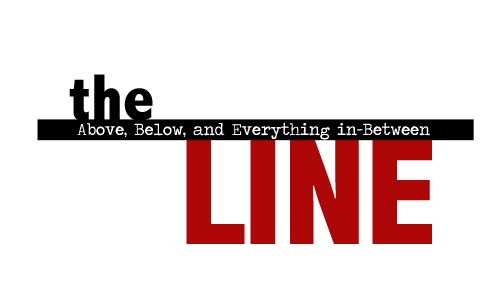To be free or not to be free, that is the question. The Internet is all a-buzz these last few days, following breaking news from The LA Times that Hulu will begin implementing a subscription-only portion of the site, dubbed “Hulu Plus,” as early as next month.
Per the Times, “people with knowledge of the plans” state Hulu, the go-to destination site for viewing television shows online, will begin charging approximately ten dollars per month for access to premium content that goes beyond the most recent five episodes of any given show. By all accounts, Hulu is staying mum for the moment, but since rumors have been circulating for sometime now, whether the pay-service starts in May or sometime down the road, that it will happen, seems all but certain.
Comment threads, upwards of fifty postings long, are littered with people thanking Hulu for the service, but vowing they will leave if forced to pay: “I will never use Hulu again if they add a subscription fee,” “I used to love Hulu but if they start charging then I will definitely stop using it,” “Good bye Hulu, I loved you while it lasted,” are just a few, but representative sample, of how many people feel about the news.
But is it so wrong for Hulu to charge? After all, is there not some value in the content to which Hulu provides access? Don’t we want more access to more shows on the web? Shouldn’t the content creators have a right to receive payment for the work they produce, distribute, and own? Frankly, I don’t see what all the hullaballoo is all about.
“Free” is precisely the reason a vast number of cable productions have opted to keep their content offline: It’s simply worth too much to give it away for free. Unfortunately, “free” is also what many Hulu fans loved so much about the site that has, since its launch three years ago, relied solely on advertising for revenue.
Hulu users are generally divided into two camps: those using the service to catch up on a missed show and those who have abandoned cable service altogether, relying on the site as their primary source of entertainment-dosing. The latter group have generally come to be known as “cord-cutters” – abandoning traditional cable subscriptions in favor of something, well….cheaper.
But good, quality content certainly isn’t cheap – not to make anyway. So, why should anyone expect to have the “right” to consume it when then want it and where they want it at no additional cost? The fee is really two-fold: It puts a price on the convenience and values the content for what it’s worth.
And for those who argue that Hulu’s fee will only drive them to view web content that is free I suspect will soon find that the offerings are far less satisfying. (If you haven’t taken the time recently to peruse some of the vast, truly “free” content on the web, do. You’ll find that most of it is not all that good.) What’s more seem to forget, that only a few years ago, all video content was behind a pay wall: It was called Blockbuster, Hollywood Video, or (insert the name of your preferred rental service here).
Granted, there are a few caveats to Hulu’s plan. Among them, how it will differentiate it’s service offerings from, say Netflix, which already has a monthly “streaming included” subscription service of its own, and how it might expand its slate beyond its current offerings. Regarding the former, Hulu does have a leg up, with its usually next-day release window on television content, while Netflix’s offerings come at more of a lag.
This latter will be likely be more challenging to overcome. It will require negotiation and cooperation with the networks and cable content producers that have been previously wary of offering their content for Internet syndication. However, if Hulu’s successful in that regard, it might truly possess an offering worth paying for.




No comments:
Post a Comment